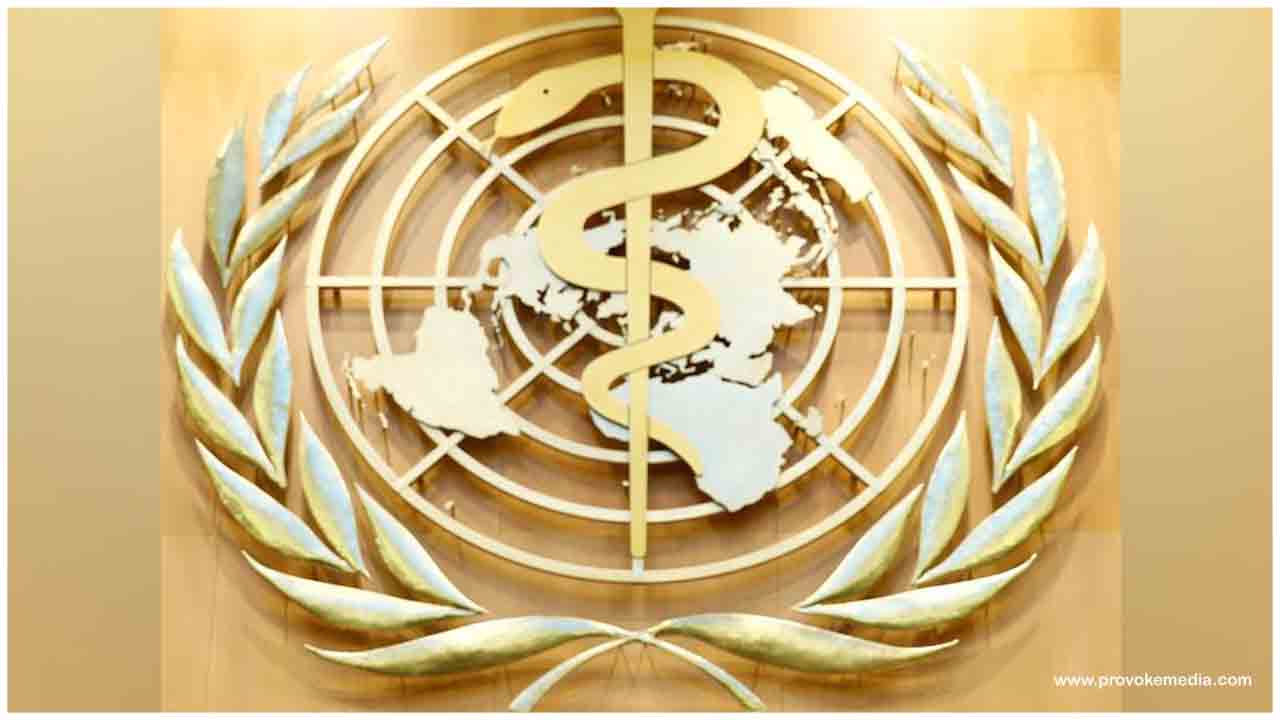World Suicide Prevention Day, observed worldwide on 10 September, has special relevance in the WHO European Region, where 140 000 people lose their lives to suicide each year. The Russian Federation has been among the first countries to see the value that a well-functioning self-harm surveillance system can bring to suicide prevention efforts. In partnership with WHO/Europe, it has been developing such a system, insights from which can support similar efforts in other Russian-speaking countries of the Region.
Suicide accounts for 50% of all violent deaths in men and 71% in women worldwide and many countries with the highest rates of suicide in the world are in the European Region.
Monitoring of self-harm forms part of the broader, multisectoral public health response that is needed to prevent suicide and thereby contribute towards the objectives of the WHO European Mental Health Action Plan 2013–2020, as well as the United Nations Sustainable Development Goal target of reducing deaths due to suicide by one third by 2030.
Data saves lives
Gathering information is crucial for suicide prevention. Quality data from vital registration, hospital-based systems, and surveys are essential in identifying suicide attempts and self-harm cases. After analysis, this information can build a more solid basis for informed policy and planning.
The single most important risk factor for suicide in the general population is a prior suicide attempt that did not result in death. If these cases can be identified early and appropriately supported, the likelihood of preventing tragic outcomes is greatly increased.
However, data on suicide attempts and self-harm cases are hard to get. They tend to go unrecorded in secondary health care and are treated, for instance, as injuries caused by accident. Besides, a large proportion of people with mental health disorders receive treatment with significant delays or choose not to engage with mental health services at all, due to stigma and discrimination. This is another factor that means self-harm cases pass “under the radar” of health systems.
Russian Federation project to lower suicide mortality
The Russian Federation is one of the European Region countries where suicide remains a significant cause of death and disease burden. In response, key Russian counterparts collaborated with WHO/Europe and the WHO Country Office in the Russian Federation to start a project that can ultimately be beneficial to all Russian-speaking countries of the Region.
The WHO self-harm surveillance approach being used has already been deployed in several English-speaking countries, such as Ireland, where the approach has proven its effectiveness. The Russian project analyzed positive practices at the national level and started to develop its adaptation of the tools and methodology.
In 2018, 3 Russian regions in Ural Federal District, North Caucasian Federal District, and Far Eastern Federal District were identified and expressed their wish and readiness to become pilot sites to adapt and use a WHO tool and manual for improving monitoring and surveillance systems for self-harm and suicide attempts. The Ministry of Health of the Russian Federation and the Serbsky State Scientific Center for Social and Forensic Psychiatry have been providing support and advice for the project.
“The tool is based on a set of WHO-recommended procedures that a trained health worker can follow to identify self-harm cases in secondary medical care. For example, to ask a patient with suspected self-harm experience a series of specific questions and recommend mental health care if needed,” explained Dr. Dan Chisholm, Programme Manager for Mental Health at WHO/Europe.
Bringing the work to the regional level
The initiative is aimed at creating a Russian language version tested across multiple centers via an online monitoring platform that can be used to gather and analyze high-quality data on self-harm and suicide attempts. The online platform is currently being modified by health professionals in Stavropol Krai, North Caucasian Federal District.
Also, WHO/Europe and Russian health authorities have created training courses for facilitators of the surveillance and monitoring system. These specialists will be able to train enough health workers to scale up the initiative to national and international levels.
“This set of WHO-recommended tools is harmonized with Russian health services standards at the subnational level and can be further scaled up. Moreover, the Russian-language online surveillance system can potentially be used in other Russian-speaking countries of the WHO European Region,” added Dr. Chisholm. “This initiative can become an integral part of suicide and self-harm prevention infrastructure in the Region, helping to improve the services for people at risk of suicidal behavior.”

 World Suicide Prevention Day, observed worldwide on 10 September, has special relevance in the WHO European Region
World Suicide Prevention Day, observed worldwide on 10 September, has special relevance in the WHO European Region






















.jpeg)









